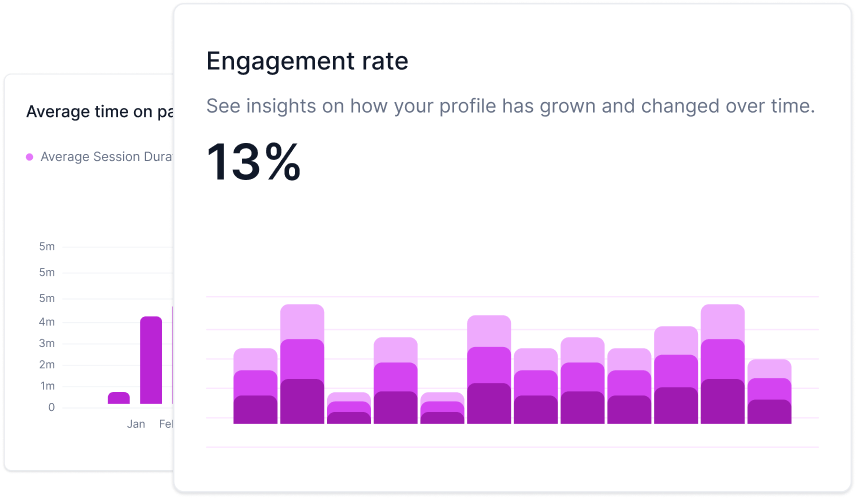What is ROI (Return on Investment)?
ROI, or Return on Investment, is a crucial metric used by businesses and investors alike to measure the profitability and efficacy of an investment. In simple terms, it evaluates the return or profit you gain from an investment relative to its initial cost.
Example: Let's say you invested $1,000 in a marketing campaign that brought in $4,000 in sales. Your ROI would be a handsome 300%.
Why is ROI important for businesses and investors?
Imagine sailing in a vast ocean without a compass. That's how businesses would navigate without metrics like ROI. It provides clear insights into which investments are paying off and which aren't. For investors, it's a measure of the fruitfulness of an investment, enabling them to compare different opportunities and allocate resources wisely. In essence, ROI acts as a compass, guiding businesses and investors towards more profitable decisions.
How do I calculate ROI to determine the profitability of a particular investment or project?
Calculating ROI is straightforward. Use the following formula:
ROI = (Net Profit from the Investment - Cost of the Investment) / Cost of the Investment x 100%
Continuing with our earlier example:
[ ROI = \frac{($4,000 - $1,000)}{$1,000} \times 100% = 300% ]
What factors can influence ROI, and how can I improve it for my business ventures or investments?
Several elements can sway your ROI. For businesses, the effectiveness of marketing strategies, operational efficiencies, market demand, and competition play roles. For investors, market volatility, interest rates, and the performance of individual companies can affect ROI.
Improving ROI involves:
- Research & Planning: Whether it's a business strategy or an investment decision, thorough research and planning lay the foundation for a strong ROI.
- Continuous Monitoring: Regularly track and analyze your ROI. Adjust strategies based on what the data reveals.
- Learning & Adapting: The business and investment landscapes are dynamic. By staying updated, attending workshops, or even joining investor groups, you can adapt to changing scenarios and optimize your ROI.

